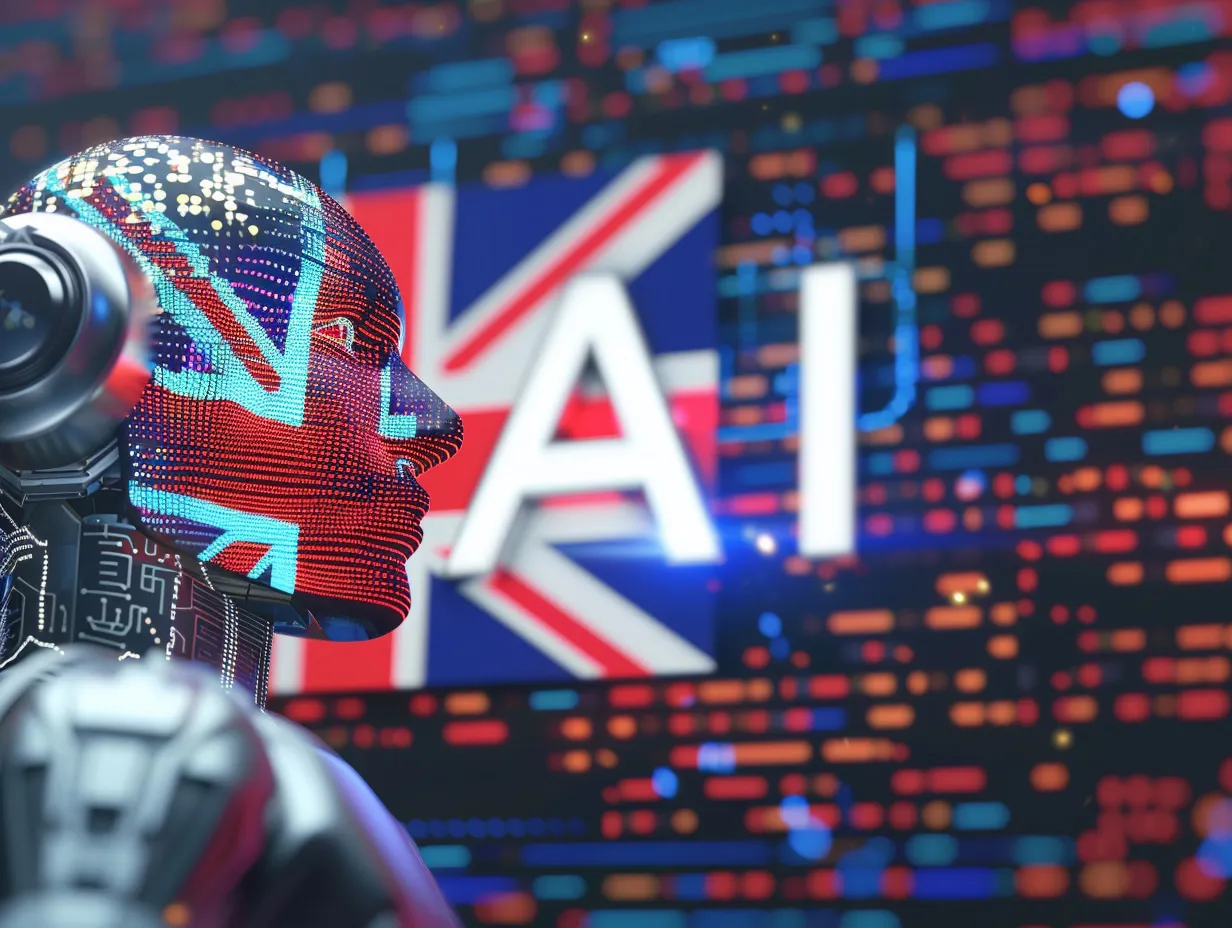In the ever-evolving landscape of artificial intelligence, the rise of generative AI has become a focal point for both excitement and apprehension. As the technology advances, so do the challenges and perceived risks associated with it. In this news exploration, we delve into the complex realm of generative AI, analyzing its potential contributions to the global economy, its impact on creativity, and the regulatory measures being taken to address the rapid development and potential pitfalls.
Generative AI, often hailed as a groundbreaking force in technology, is now under intense scrutiny as concerns regarding hallucinations and misinformation come to the forefront. With the rapid rise of artificial intelligence, industry experts emphasize the pressing need for regulation.
Joyce Baz, a spokesperson for Google, underscores the importance of building tools and guardrails to prevent the misuse of technology. The question of trustworthiness in online information becomes even more crucial with the ease of content creation facilitated by generative AI.
Generative AI’s trillion-dollar potential and artistic frontiers
Generative AI, with the potential to contribute $4.4 trillion annually to the global economy, stands at the crossroads of promise and peril. McKinsey & Company highlights the transformative power of generative AI across various sectors but cautions against its imperfections, leading to inaccuracies and hallucinations. Chiara Marcati from McKinsey emphasizes the need for extensive awareness and continual mental filtering to address the challenges posed by AI hallucination.
In the realm of art and design, AI hallucination offers a novel approach to creativity. IBM suggests that generative AI provides artists with tools to generate visually stunning and imaginative imagery, producing surreal and dreamlike images. But, as illustrated by The National’s test, critical thinking becomes essential to distinguish between actual and AI-generated images, emphasizing the need for human cognition in the face of technological advancements.
AI legislation and industry dynamics
Earlier this month, the European Union took a significant step by enacting the first major AI legislation, the Artificial Intelligence Act. This legislation not only stipulates what can and cannot be done in the realm of AI but also introduces substantial fines for non-compliance. Samer Mohamad, regional director at Yango, asserts that addressing ethical aspects alongside AI issues will enhance flexibility and adaptability, shaping advancements in AI based on local regulations.
Prominent entities such as the Google-affiliated Bard, Microsoft, Amazon, Meta Platforms, and Samsung Electronics have fervently immersed themselves in the ongoing competition surrounding generative AI. The expeditious evolution of this technology, though commendable, gives rise to inquiries regarding transparency and the hastened deployment of generative AI prowess into the market.
Arun Chandrasekaran of Gartner accentuates the imperative nature of cultivating a responsible approach to development, underscoring the importance of optimizing positive outcomes while mitigating potential risks and the prospect of misuse.
As generative AI propels into the future at an unprecedented pace, the critical question remains: Are we adequately equipped to navigate the challenges and embrace the positive potential of this transformative technology? The interplay between regulation, ethical considerations, and societal acceptance will shape the trajectory of generative AI. With the potential for economic contributions and artistic innovation, the responsibility lies in fostering collaborative efforts among stakeholders to ensure a balanced and beneficial integration of generative AI into our ever-evolving digital landscape.





